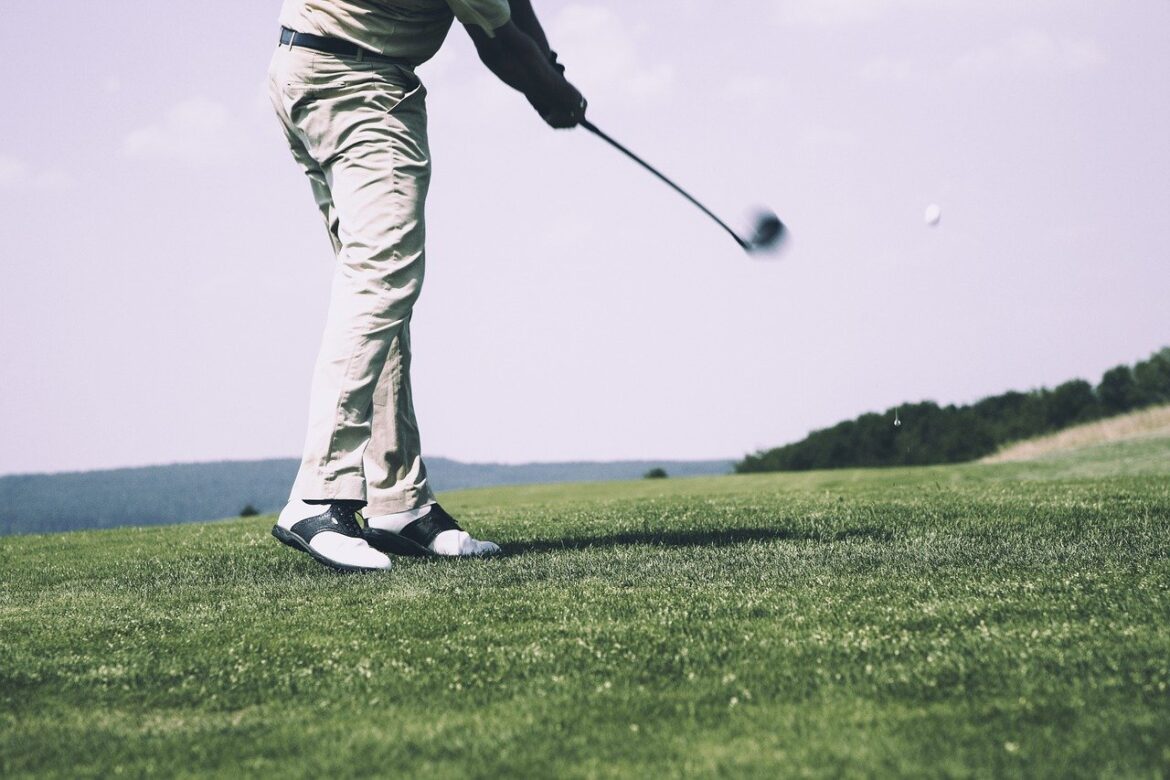What are golf’s top 5 injuries?
When it comes to sports-related and recreational injuries, despite being a laid back and relaxed appearance, golf can be one of the top contributors to new or ongoing aches, pains, and injuries. Golf is one sport that would be considered by most a lifetime activity and can be enjoyed by people of all ages. According to Dr. James R. Andrews, leading orthopedic surgeon and co-founder of Andrews Sports Medicine & Orthopaedic Center: “62 percent of amateurs will sustain a significant golf injury, typically because they’re out of shape, have poor swing mechanics, or don’t adequately warm-up.” (Seeing as the majority of golfers will experience some form of injury.) Let’s take a brief look at how to avoid 5 of golf’s most frequent injuries that will slow you down.
1. Back Pain
For golfers, the most common mistake is not properly stretching and warming up before playing or hitting at the range. Golf is a sport loaded with rotational movements that apply torque on your spine. Before you head out, take a few minutes to stretch with gentle rotational movements by placing a club behind your low back and your mid-back to allow your spine to loosen up before full swings.
2. Elbow Pain
Tendonitis of the elbow, also known as golfers elbow and tennis elbow are common injuries caused by improper form. Again, stretching your wrist and forearm can help to prevent this from happening. Key points to remember in your swing is to stay relaxed at the lead elbow (Left arm for right-handed hitters) and not lock it into extension. This queue will reduce the stress applied to your elbow joint.
3. Knee Injuries
The lead knee experiences a significant amount of stress and torque as you go through your swing. One way to avoid added stress is to address the ball in your setup, externally rotate both feet slightly instead of square with your body, and keep a soft bend in your knees. By doing this, your lead knee is in a better position to smoothly rotate as you transfer your weight onto your front foot.
4. Wrist Injuries
How you grip the club can drastically affect the amount of strain placed on your wrist and hands. If your wrists are not strong enough to maintain a proper wrist angle through contact with the ground, you risk placing unnecessary stress on the tendons of your wrist, which can cause tendon inflammation and pain. By improving the wrist range of motion, this allows for less strain at ground contact.
5. Shoulder Injuries
Ironically enough, shoulder injuries in golf can come from how you carry your bag. Weighing down your bag with unnecessary items adds stress to your shoulders. Suggestions: pushcarts or motorized carts are your best option to reduce this kind of stress. If you are one who appreciates the walk down the fairway, backpack straps on your bag can more evenly distribute the weight of your bag, or as stated before, remove any items that could be contributing to unnecessary weight and strain on your shoulders. The best thing you can do for your golf game to avoid injury is to warm up and stretch before you hit the range or course. Other than that, relax, don’t take the game too seriously and have fun. Golf can be a relaxing and fun way to experience more freedom, especially if you follow these tips before your next round.

